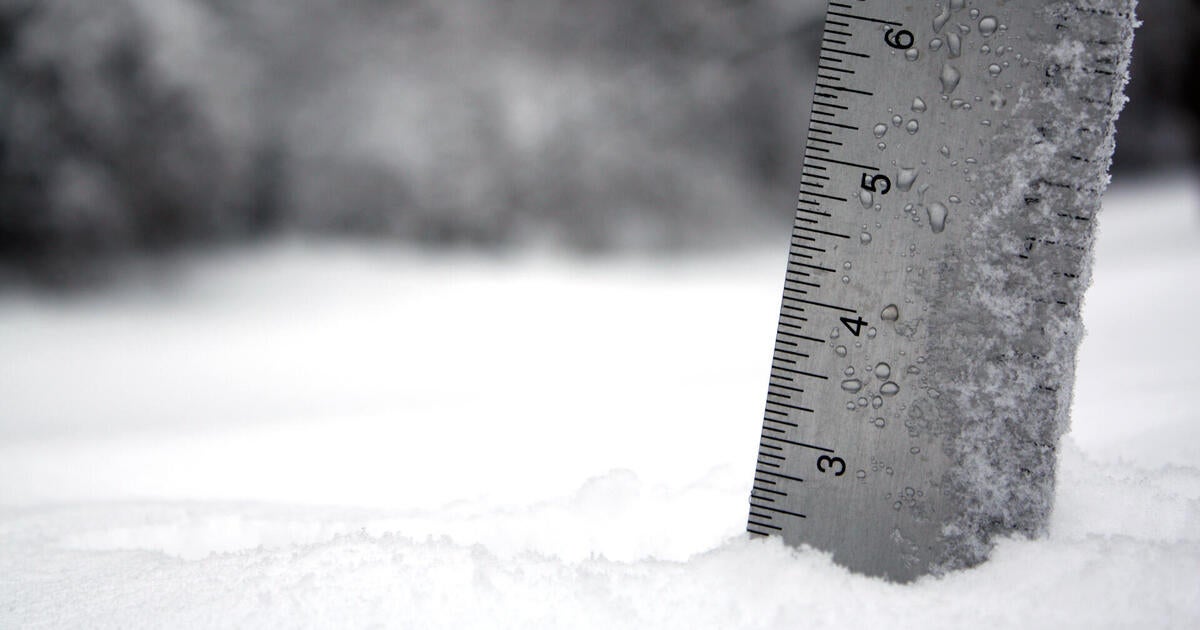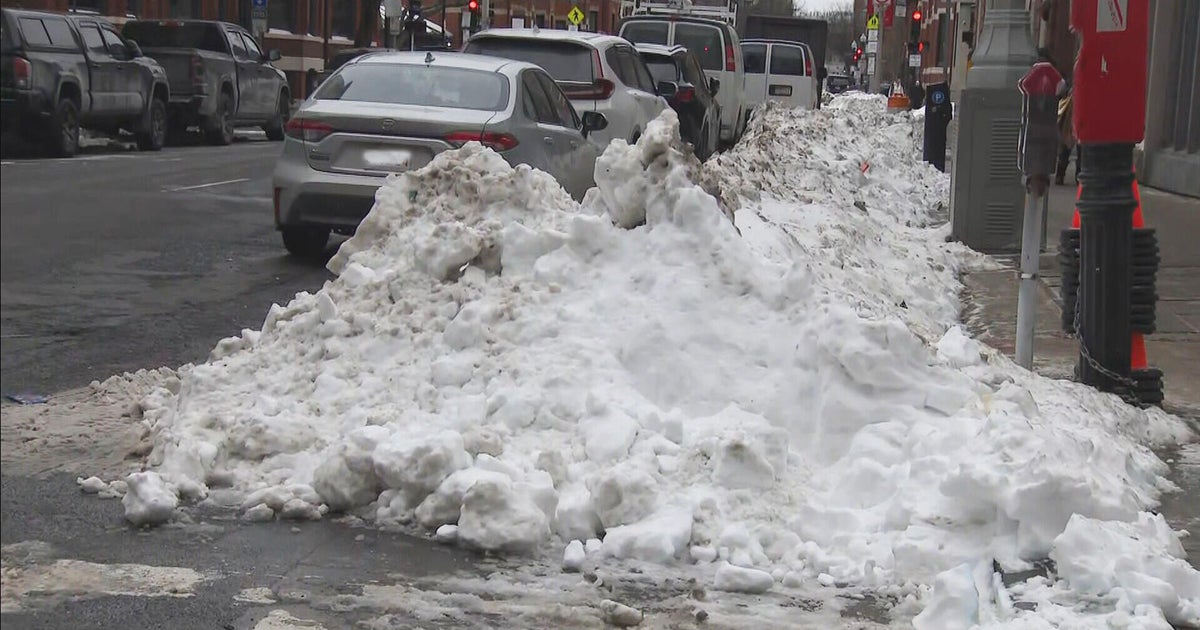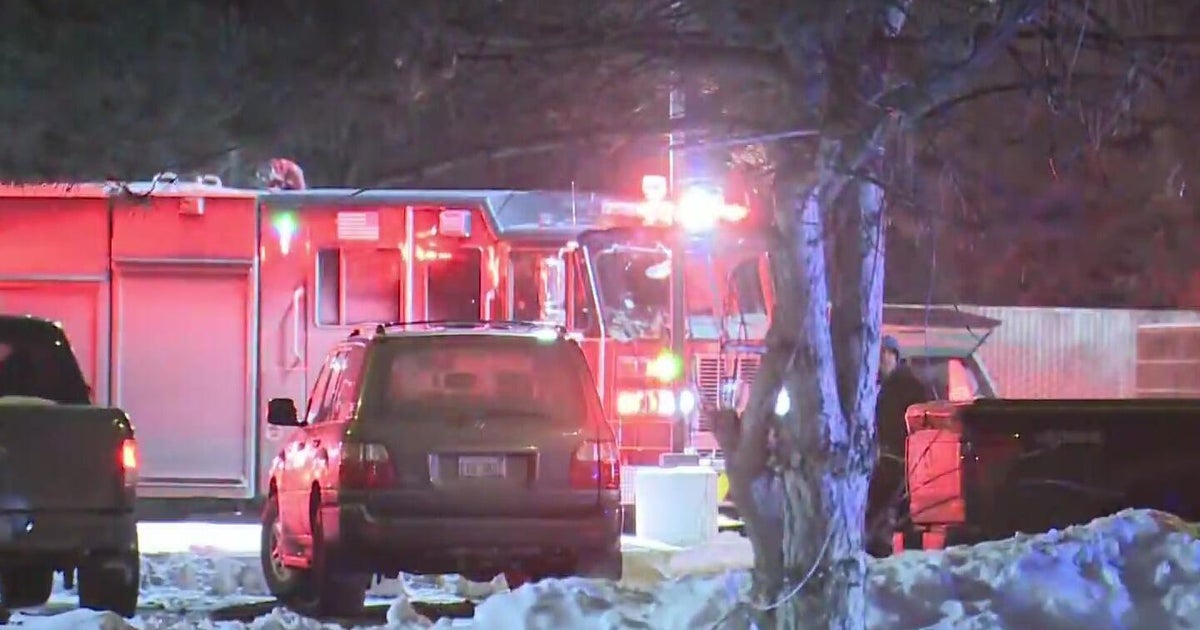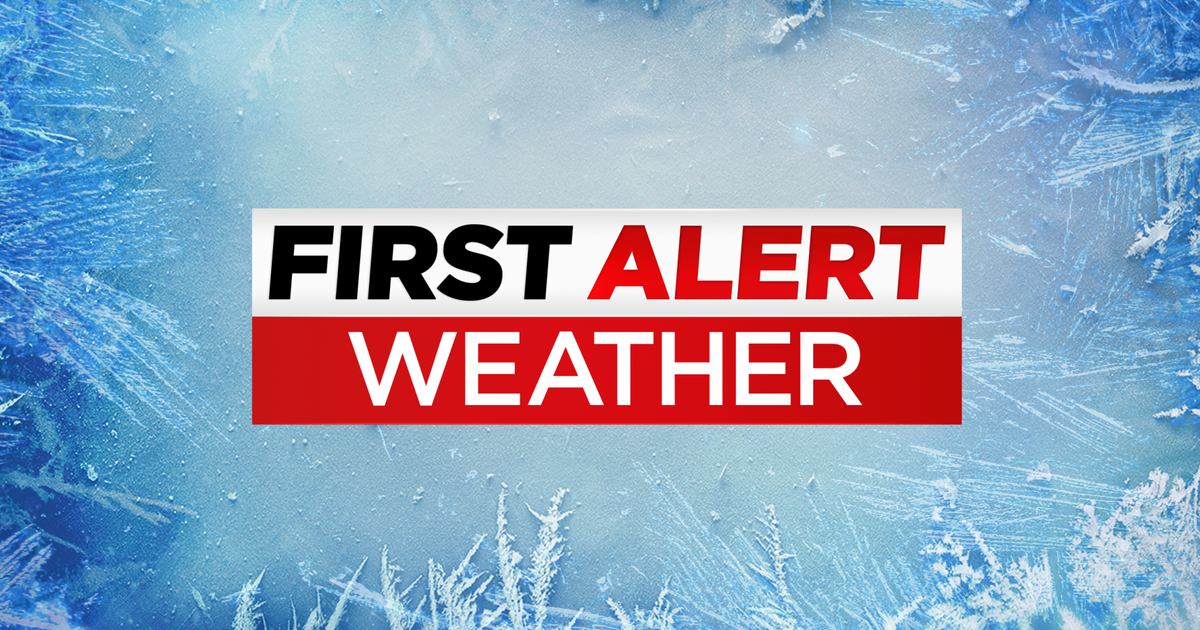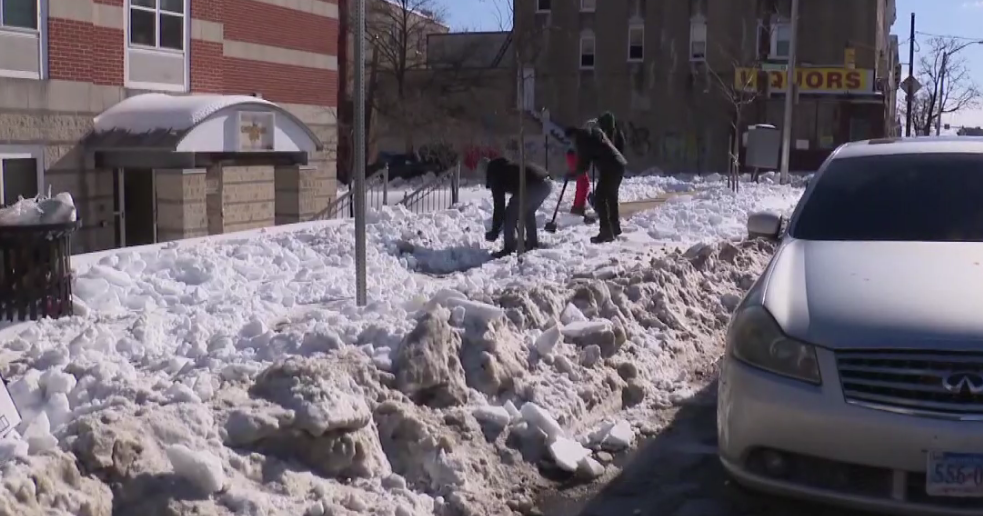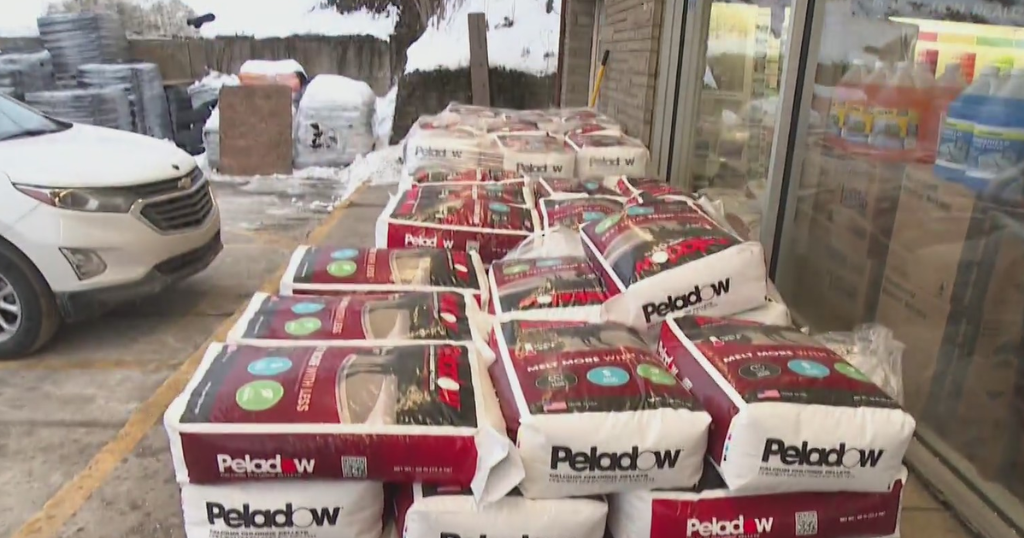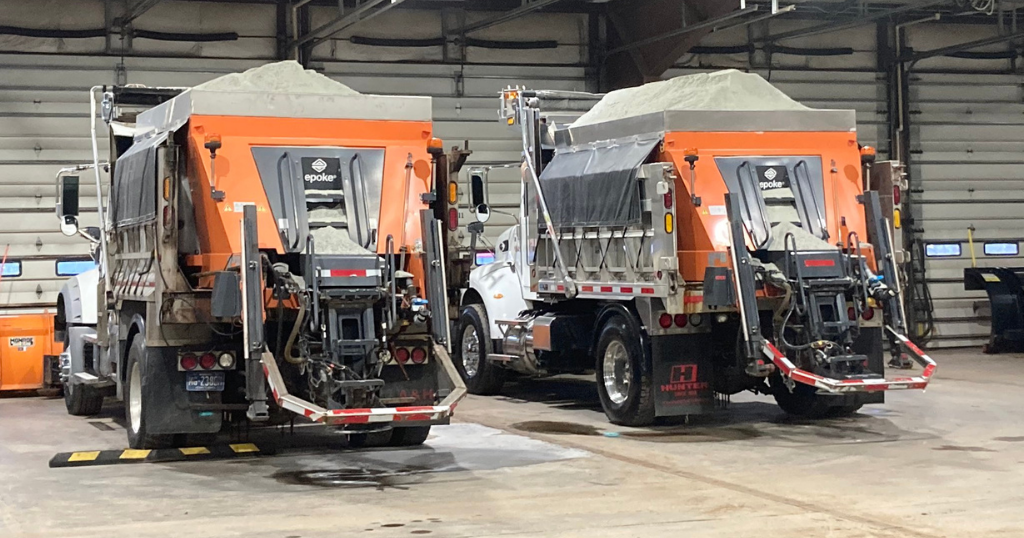How Much Snow Will We Get This Winter?
BOSTON (CBS) - We've already taken a big winter hit, and a lot of us are looking towards the "real" winter with more than a little nervousness.
And so is Sandra from Billerica.
She declared her curiosity to WBZ-TV about what to expect, asking:
"How much snow will we get? Is it going to be as bad as last year?"
The WBZ-TV meteorologists have been looking at the data, and while we don't expect this winter will be as bad as last, it's still going to be tough.
You'll remember that last winter was the season of collapsing roofs.
Snow took down houses, commercial buildings and a parking garage in Lynn, trapping two men; Peter Sullivan and Cesar Jimenez.
They were rescued after several hours of being trapped in a car.
Today, Peter says he's not looking forward to the winter.
"I just hope that people take into consideration what happened last year. Or is it just like, oh that will never happen again?," he says.
WBZ-TV's Todd Gutner reports
The October Nor'easter we just lived through is also making a lot of people nervous about the coming winter, but meteorologist Melissa Mack says it doesn't necessarily translate.
"It was definitely a rare and record setting event, but an October snowfall doesn't necessarily mean it's going to be a bad winter," she says.
However, it's not going to be a "good" winter either.
Our weather team predicts snowfall in the 50-to-60 inch range.
The good news is that's not even close to the 81 inches we got last winter.
The bad news is, it's more than our seasonal average of 42 inches.
What's going on?
There are two big meteorological forces at play.
The first is "La Nina," which is the cooling of water in the Pacific Ocean off the coast of Central and South America.
That creates a domino effect that changes the storm track across the country.
The second is what's called "blocking" up in the higher latitudes in Canada.
That sends arctic cold down into our region.
Combine the two and you have a recipe for a difficult winter.
We expect the worst snows early, in December and January.
But then we get a break.
Around mid-winter, things change, La Nina and the blocking effect break down to a degree, and February and March give us a milder end to the season.
"That's the good news," says meteorologist Barry Burbank.
"The set up this winter is going to be the same as last winter, but there's one important difference. The La Nina and the blocking effect are weaker, so consequently we would expect that the winter would be less harsh than it was last year," he adds.
READ: Extended 2011-12 Winter Forecast
How about the cold?
Also not as bad as last winter, but again, beware the early months.
"Just like the snow, we're expecting some of the coldest temperatures to be around the first half of winter, from December to mid-January," says Melissa Mack.
"But then it'll begin to moderate. Overall, when you factor in the entire season, temperatures should be near average," she adds.
We've certainly gotten off to a roaring start.
In fact, many towns in central and western Mass. have already received about a third of their average seasonal snowfall thanks to that unusual October storm.
Given how difficult it is to forecast here in New England because conditions change so often, how confident is the WBZ-TV weather team in this forecast?
Well, confidence is pretty high.
The reason is because similar patterns were in place last winter and we know how they behaved then.
From that we can draw conclusions about this winter.
Now, certainly, this can change.
The meteorological forces at play here are fierce. But from today's perspective, the weather team feels good about this forecast.
Stay tuned.
You can follow the WBZ-TV Weather Team on Facebook and Twitter.
